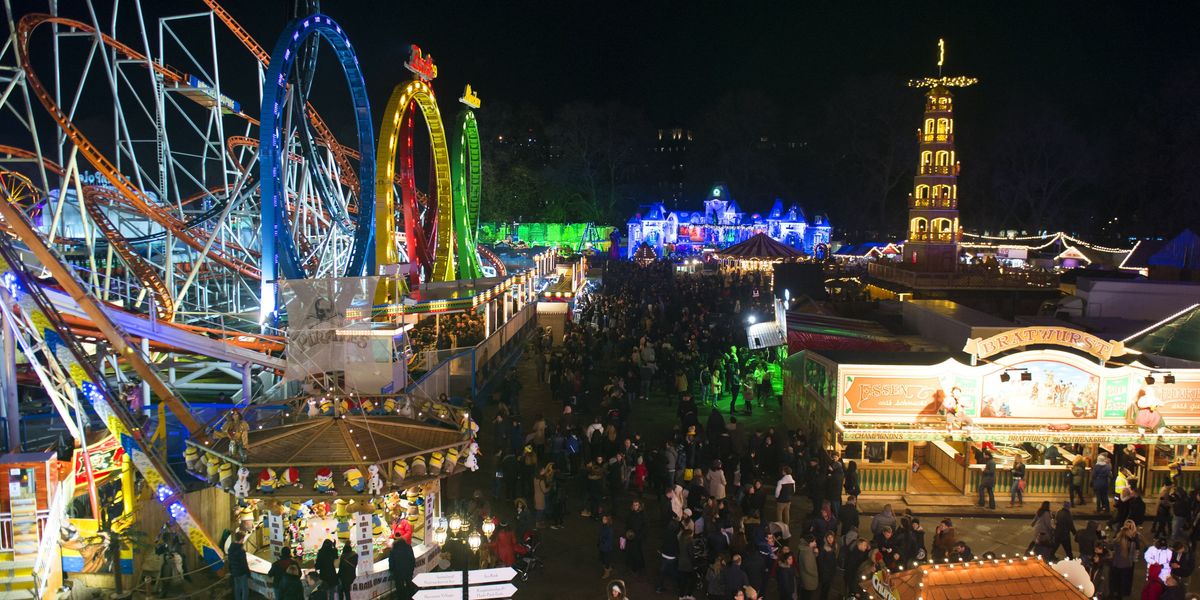BANGKOK -- China’s economy logged a mixed performance in November, the monthly government update said Monday, with retail sales slowing as consumers held back on spending on non-essentials like cosmetics, alcohol and clothing.
Officials said the economy was generally stable with positive signs including a slight improvement in the property sector.
“However, we must also see that the external environment is more complicated, domestic demand is insufficient, some enterprises are facing difficulties in production and operation, and the foundation for the sustained recovery of the economy still needs to be consolidated,” Fu Linghui, a spokesperson for the National Bureau of Statistics told reporters.
The report came days after top leaders ended an annual planning meeting that produced no major new policy initiatives as Beijing braces for potential tariff hikes once U.S. President-elect Donald Trump takes office.
Retail sales rose 3% from a year earlier, down from a 4.8% increase in October and from the 3.5% annual rate in January-November.
Factory output rose 5.4%, nearly flat compared with the previous month, while investment in fixed assets like factories slowed.
Overall, property prices fell and home sales also declined in most cities, the report said, as China endures a downturn in its real estate market after regulators cracked down on excessive borrowing by developers that plunged the whole industry into crisis.
The disruptions to jobs and businesses during the COVID-19 pandemic have further weighed on the world's second-largest economy.
A closer look at the numbers released Monday showed sharp increases in some categories of consumer spending last month, especially appliances and vehicles that are subject to government rebates as part of a cash-for-clunkers and other programs meant to get people to replace older appliances and cars with newer ones.
The report said auto sales rose 6.6% in November over a year earlier, but have fallen 0.7% year-on-year so far this year. Sales of appliances jumped more than 22%, and have climbed 9.6% so far this year.
However, sales of cosmetics, alcohol and other beverages, jewelry and clothing all fell in November.
Chinese leaders pledged to take a more proactive approach in pepping up the economy after their two-day planning meeting last week, but gave no details on stimulus measures.
Fu told reporters the government expects the economy to meet the target for about 5% annual growth this year.
Markets in China had climbed on renewed hopes for a stronger dose of stimulus to help the counter weak consumer spending that has kept the economy growing this year at a rate slightly slower than the government’s official target of about 5%.
On Monday, Hong Kong's Hang Seng index fell 0.6% while the Shanghai Composite index was little changed. The Hang Seng property index fell 1.2%.

 By ABC (Business) | Created at 2024-12-16 05:35:49 | Updated at 2024-12-24 02:08:48
1 week ago
By ABC (Business) | Created at 2024-12-16 05:35:49 | Updated at 2024-12-24 02:08:48
1 week ago







